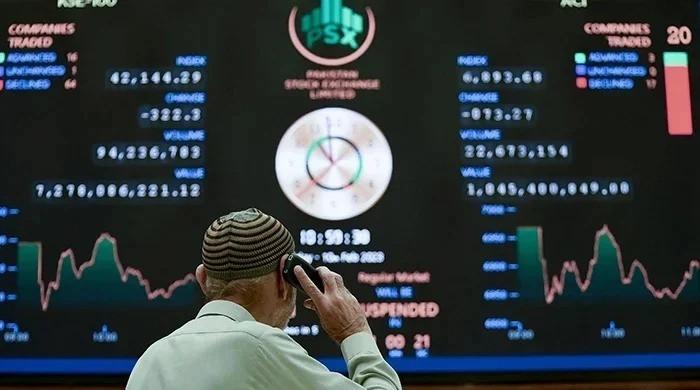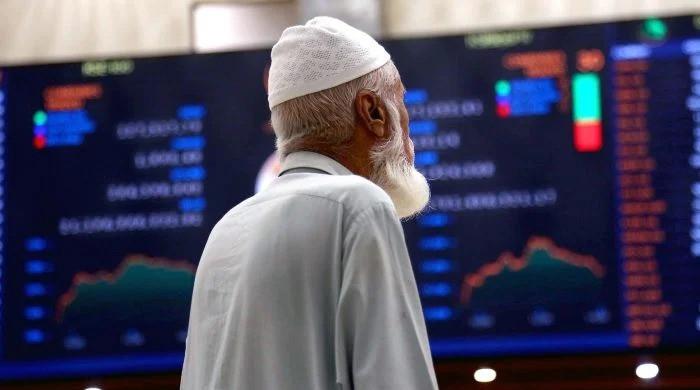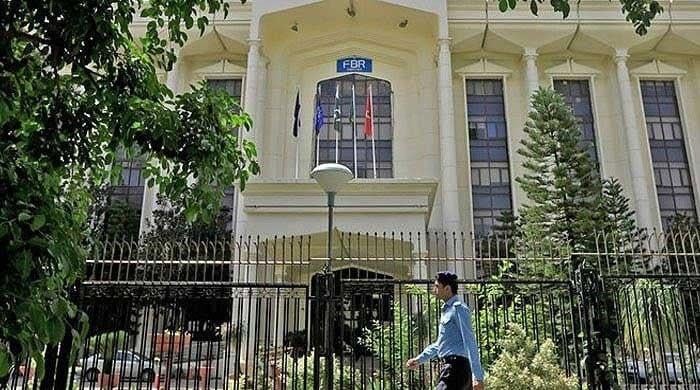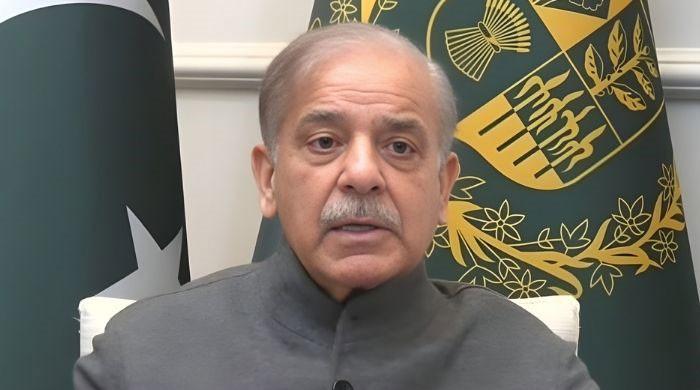FDI shrinks by 59% to $461m in first six months of FY 2023
Pakistan witnessed a net foreign outflow of $17 million during December
January 19, 2023
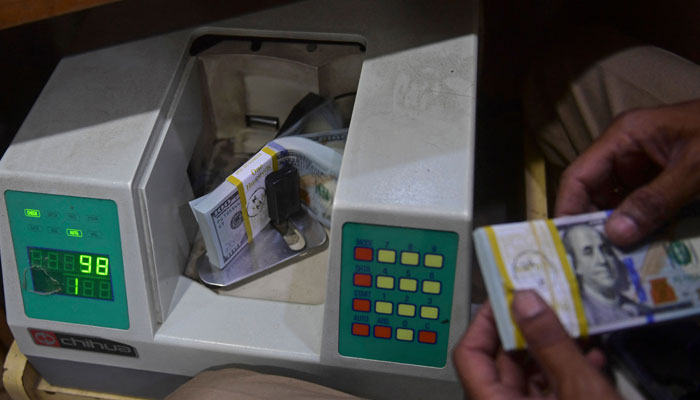
- Financial sector fetches $176 million in FDI from global investors.
- Investment in power sector falls to $237 million from $345 million.
- Pakistan among least desired moneymaking markets for investors due to 'deteriorating' economy.
KARACHI: Pakistan’s foreign direct investment (FDI) shrank by 59% to $461 million in the first six months of the current fiscal year, the State Bank of Pakistan (SBP) data showed on Wednesday.
The country witnessed a net foreign outflow of $17 million during December.
The financial sector fetched $176 million in FDI from global investors in July-December of the ongoing fiscal, which was lower when compared with $230 million in the corresponding months of the last fiscal year, the data showed.
The investment in the gas and exploration sector dropped to $89.2 million in July-December from $138.9 million a year earlier.
The investment in the power sector fell to $237 million from $345 million.
The shrinking of the FDI is not a positive development for the country. The International Monetary Fund (IMF) programme's delay, continuous political unrest, and Pakistan's deteriorating external finances have all reduced international investors' confidence.
Due to rapidly dropping foreign exchange reserves, a weakening rupee, and worsening macroeconomic indicators, Pakistan's economy is currently in a severe crisis.
The economy is severely cash-strapped following a disagreement with the IMF over tax goals that is preventing loan payments from being made.
The situation worsened as a result of floods that inundated a third of the nation and cut its growth in half.
Analysts said dollar outflows and the deteriorating state of the economy have made the country one of the least desired moneymaking markets for foreign investors, with the repatriation of profits on foreign investments falling by 83.41% year-on-year in July-November of the current fiscal year 2022-23.
The central bank data showed paid profits from foreign investments in the country fell to $128.7 million in the first five months of FY23, down from $776 million reported in the corresponding fiscal year.
The economy is in virtual recession as the World Bank has projected growth of 2%, is about the same as population growth, for the current fiscal year, citing “precarious economic situation, low foreign exchange reserves and large fiscal and current account deficits” among the primary reasons.
There are also security concerns for investors as the country battles a Taliban insurgency in its northwest. There have been outflows from the stock market because of political uncertainty and economic and security worries.





